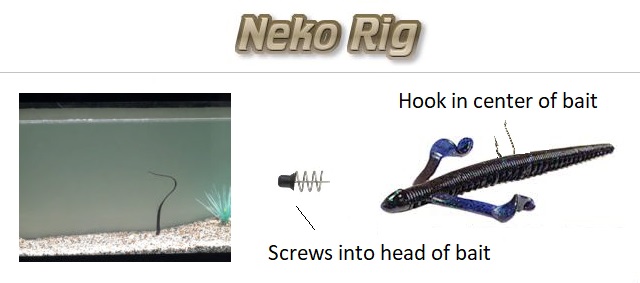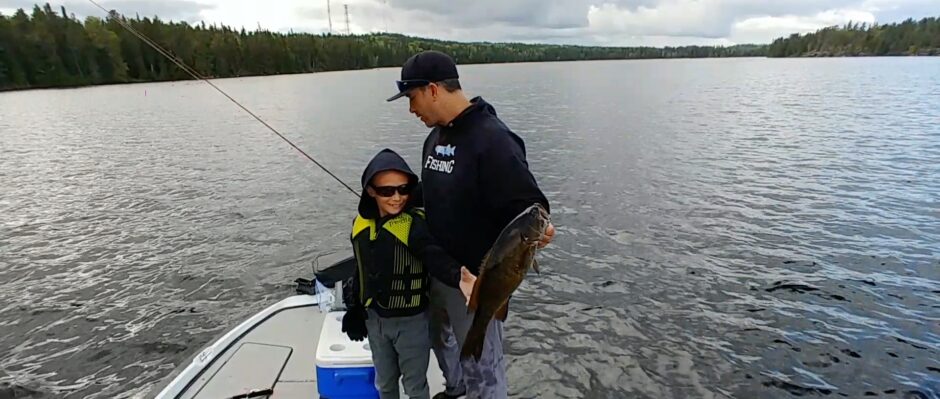Welcome to our home page. Start with the navigation links above or scroll down to see some of the information we have available on our site.
Best Fishing Trips

If you are looking to plan an awesome fishing trip, we have the best destinations listed for you on our website. Whether you are looking to target freshwater fish, saltwater fish or just find an awesome family vacation destination that includes some fishing, we can definitely help you save some time and find an awesome destination for your next fishing trip.
Go to our Best Fishing Trips Section
Best Fishing Rigs

If you need to find some rigs for specific situations or just learn more about the different fishing rigs that are available, this section is for you.
Go to our Best Fishing Rigs Section
Fishing Tackle

Learn more about the different types of tackle, how to fish it, how to rig it and learn what baits work best for what lures.
Go to our Fishing Tackle Section
Fishing Techniques

Whether you need some tips for casting or the different types of fishing techniques that you can use to get a fish to bite, this section will help you out.
Go to our Fishing Techniques Page
Freshwater Fishing

Learn about the different types of freshwater fish, the baits that freshwater fish eat and the best freshwater fishing destinations. It’s all here.
Go to our Freshwater Fishing Page
Saltwater Fishing

Learn about the different types of saltwater fish, the baits that saltwater fish eat and the best saltwater fishing destinations in this section.
Go to our Saltwater Fishing Page

